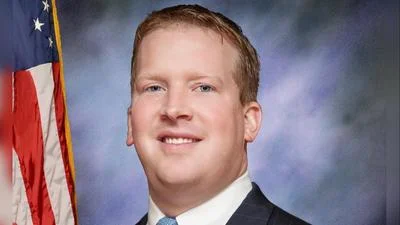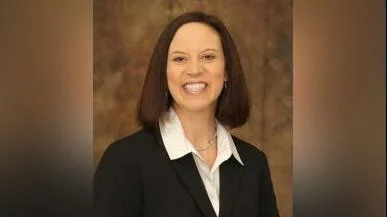Blaine Wilhour
Blaine Wilhour
A year after Illinois imposed a record-setting 32 percent permanent income tax hike, Blaine Wilhour argues the state has little to show for all its excessive spending.
“The budget that was passed last May was not a balanced budget and it did nothing to solve the state's long-term problems,” Wilhour told the South Central Reporter. “Here we are one year later and we still have not solved the state's financial problems. The 32 percent income tax increase was a bad idea last year and it is a bad idea now.”
Wilhour laments that the consequences stemming from it all are as steep as ever.
“Last year, Illinois lost 33,000 people and will likely lose two Congressional seats,” he said. “People are fleeing the high taxes in Illinois. Illinois has the highest combination of state and local taxes according to a recent report from WalletHub.com. We are a high tax state and we have very little to show for the high taxes. Illinois still has the worst credit rating of all 50 states. We still have $7.5 billion in unpaid bills and our pension debt is still $250 billion. The tax increase is costing all Illinois residents, but it has done very little in terms of improving the state's financial mess.”
In raising individual taxes to 4.95 percent and corporate rates to 7 percent as part of the 32 percent tax hike budget, politicians assured taxpayers that the increases were only the first steps in a reform-filled agenda that would bring more jobs and better service to the state.
Wilhour, running for state representative in the 107th District, said it was just more of the same coming from Springfield.
“We have not seen any accompanying reforms,” he said. “Career politicians got what they wanted with the tax hike and they have little incentive to enact any kind of reforms.”
Meanwhile, Wilhour said he has a clear course of action that he plans to take once he arrives in Springfield.
“I will support efforts to repeal the 32 percent tax and get Illinois' finances back in order,” he said. “It was a mistake from day one. Illinois families cannot afford higher taxes.”





 Alerts Sign-up
Alerts Sign-up